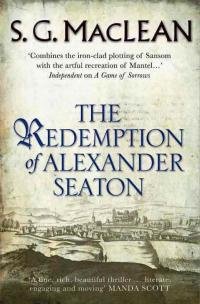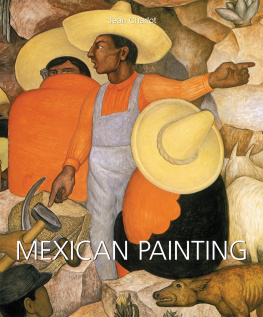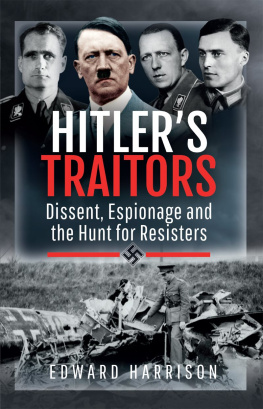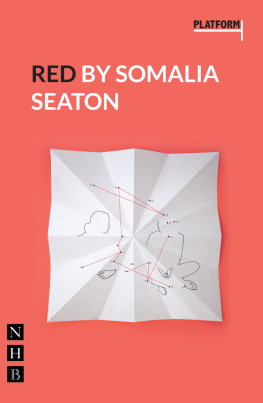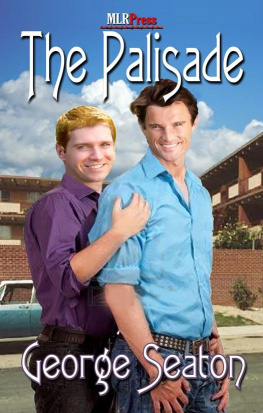PINKOES
AND
TRAITORS
JEAN SEATON is Professor of Media History at the University of Westminster and Director of the Orwell Prize for political writing and journalism. She has written widely on broadcasting history and politics of the media (especially the BBC), as well as on news, the ways in which wars and conflicts are covered, and children and the media. She has written about and helped form media policy. Her book with James Curran, Power Without Responsibility: the Press, Broadcasting and Internet in Britain (1981), has become an international classic and is in its seventh edition. Her most recent book is Carnage and the Media: How News about Violence is Made (2006). She is a regular broadcaster and an editor of The Political Quarterly. She has three sons and lives in Islington, London.
PINKOES
AND
TRAITORS
The BBC and the nation, 19741987
JEAN SEATON

First published in Great Britain in 2015 by
Profile Books Ltd
3 Holford Yard
Bevin Way
London WC1X 9HD
www.profilebooks.com
Copyright Jean Seaton 2015
The right of Jean Seaton to be identified as the author of this work has been asserted in accordance with the Copyright Designs and Patents Act 1998.
All rights reserved. Without limiting the rights under copyright reserved above, no part of this publication may be reproduced, stored or introduced into a retrieval system, or transmitted, in any form or by any means (electronic, mechanical, photocopying, recording or otherwise), without the prior written permission of both the copyright owner and the publisher of this book.
A CIP catalogue record for this book is available from the British Library.
eISBN 978 1 84765 916 3
All reasonable efforts have been made to obtain copyright permissions where required. Any omissions and errors of attribution are unintentional and will, if notified in writing to the publisher, be corrected in future printings.
CONTENTS
To
ASA BRIGGS
with respect, gratitude and affection
ILLUSTRATIONS
TIMELINE
Date | Events | BBC |
1922 | BBC founded as British Broadcasting Company Ltd under John Reith |
1927 | BBC incorporated under Royal Charter, with the motto: Nation shall speak peace unto nation |
1932 | Empire Service begins; forerunner of World Service |
1933 | Informal vetting of BBC staff by Security Service begins |
1937 | First TV outside broadcast: George VIs coronation |
1938 | Arabic is first foreign language to be broadcast |
1939 | World War II begins | Empire Service renamed Overseas Service |
1945 | World War II ends | Womans Hour first broadcast |
1954 | David Attenborough first presents Zoo Quest |
1956 | Suez crisis | Alasdair Milne produces crucial interview with Anthony Eden as prime minister |
1957 | BBC Natural History Department founded in Bristol |
1958 | Radiophonic Workshop founded |
1960 | Margaret Thatcher first writes to the BBC as backbench MP | Sir Hugh Carleton Green becomes director-general |
1962 | Cuban missile crisis | Prime minister Harold Macmillan alerted to Russia climbdown by BBC Monitoring report while chairing war cabinet in Admiralty House. |
1964 | Play School is first programme broadcast on new BBC2 channel; Top of the Pops starts |
1965 | David Attenborough becomes controller of BBC2; Overseas Service renamed World Service; World at One begins |
1967 | Paul Fox becomes controller of BBC1; colour television starts |
1968 | First civil rights march in Londonderry televised | Alasdair Milne becomes controller of Scotland |
1969 | Charles Curran becomes director-general; David Attenborough becomes director of Programmes; Civilisation, by Kenneth Clark |
1970 | Conservatives win election | Listening to the BBC World Service becomes an offence punishable by prison in Pakistan |
1971 | Yesterdays Men; The Old Grey Whistle Test; first World Music Prom |
1972 | First British soldiers on the streets of Northern Ireland; 30 January: Bloody Sunday; William Whitelaw is first secretary of state for Northern Ireland | Largest number of complaints received about violence of coverage of Northern Ireland, leading to new guidelines; Ways of Seeing, by John Berger; Newsround |
1973 | Sunningdale agreement proposes power-sharing for Northern Ireland; commercial radio begins | Margaret Thatcher suggests Michael Swann as replacement for Charles Hill as chairman; Alasdair Milne becomes director of Programmes; first report on women in top jobs in BBC; Thats Life begins long run |
1974 | Labour win election; responsibility for broadcasting moved to Home Office; Roy Jenkins becomes home secretary; Merlyn Rees becomes Northern Ireland secretary; Protestant workers strike wrecks Sunningdale agreement; Portuguese revolution | Bryan Cowgill becomes controller of BBC1; Porridge |
1975 | Sex Discrimination Act; Employment Protection Act | A Guardian journalist describes the BBCs god-like authority on both sides of the Vietnam conflict. |
1976 | Inflation at 26 per cent; IMF called in; Harold Wilson resigns as prime minister, to be replaced by James Callaghan; Merlyn Rees becomes home secretary; Roy Mason becomes Northern Ireland secretary | John Birt and Peter Jay publish report suggesting a bias against understanding in TV news reporting; Alastair Hetherington (former Guardian editor) becomes controller of Scotland; When the Boat Comes in; Brimstone and Treacle; Multi-Coloured Swap Shop; I, Claudius |
1977 | Royal Jubilee | First of three short-term licence fee increases imposed; Bill Cotton becomes controller of BBC1; Ian Trethowan become director-general; Annan Report |
1978 | Winter of discontent; The Times ceases publication for a year | Second of three short-term licence fee increases imposed; Georgi Markov of the Bulgarian Service dies after poison attack on Waterloo Bridge; Young Musician of the Year first broadcast |
Next page

